Desk Based Assessment (DBA)
What is a desk based assessment?
This is a document produced to calculate the archaeological potential of a site without any intrusive works. It is often required by the Local Authority (LPA) to inform their decisions when considering an application and to decide whether any fieldwork is required.
The preparation of a desk-based assessment at an early stage in the planning process can inform a targeted and cost-effective approach to further required archaeological works.

How is a desk based assessment prepared?
We use a wide range of sources including old maps, aerial photographs and a site visit to determine what might (or might not) survive on the site. Sometimes this will be carried out in tandem with a geophysical survey.
The site visit will require a comprehensive walk over the site taking photographs and sketching any potential archaeological features which are apparent.
We can also consider the impact of the development in relation to designated assets in the area, such as listed buildings or scheduled monuments.
We visit the local record office and obtain a search of the county Historic Environment Record and consult any published information about the history of the site and surrounding area.
How long does a desk based assessment take?
A desk based assessment generally takes at least seven working days to prepare although access to the site, the county record office and the Historic Environment Record search must also be factored in.
How much does a desk based assessment cost?
The cost of a DBA depends on the scale of the project, but for a small project such as a small housing development with a quick turnaround we can be flexible on costs. Please contact us for a no obligation quotation.

Talk to us about your project
Call Elizabeth or Tom on 01568 780 918 or send us a message via our contact form below. We look forward to talking with you.
Frequently Asked Questions
Why do I have to pay for archaeology and how much does it cost?
Archaeological works have been a part of planning law since 1990. The purpose of archaeological works is to ensure that these irreplaceable remains are not lost to development. Over the last 33 years, thousands of archaeological sites have been recorded ahead of...
What happens if you find human remains?
It is unusual to encounter unexpected human remains in the course of archaeological work, but if this happened best practice guidance would be followed. The remains would initially be left in situ, covered and protected and the local Coroner would have to be informed....
What happens if you find treasure?
It’s very rare to find artefacts of any monetary value on archaeological sites but in the event that any artefacts are encountered that would constitute ‘treasure’ (as defined by The Treasure Act, 1996) Ambrey Archaeology would be obliged to report the find to the...
What happens if you find a Roman villa?
Prior to carrying out archaeological evaluations and watching briefs, the likelihood of encountering a villa or something equivalent is considered, sometimes with the use of a desk based assessment or geophysical survey, with the purpose of avoiding this outcome....
